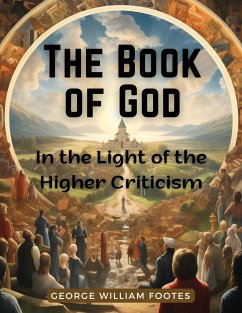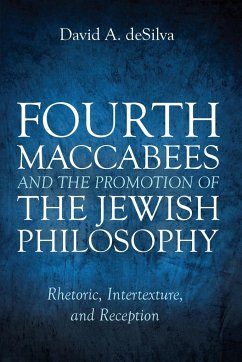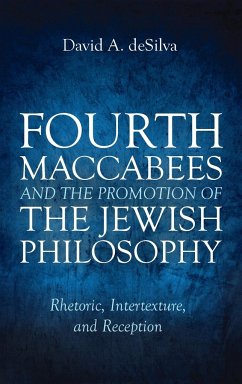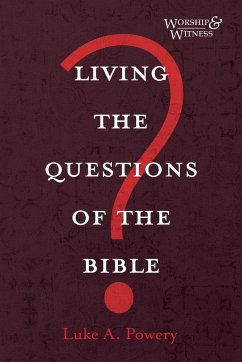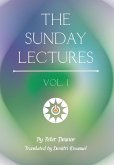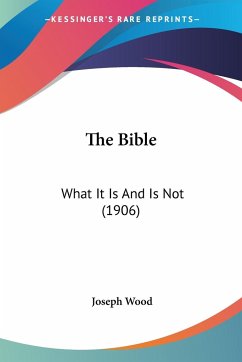"The Book of God: In the Light of the Higher Criticism" is a work by George William Foote, an English secularist and journalist who lived in the 19th and early 20th centuries. The book was first published in 1892. George William Foote was a prominent figure in the secularist movement, advocating for reason, science, and skepticism in the face of religious dogma. In "The Book of God," Foote engages with the principles of higher criticism, a method of analyzing and interpreting biblical texts that emerged in the 18th and 19th centuries. Higher criticism involves examining the historical and literary context of the Bible, as well as questioning traditional authorship and the accuracy of historical events described in the text. Foote, known for his wit and straightforward writing style, likely critiques the Bible through the lens of higher criticism in this book. He may have explored issues such as the authorship of biblical books, the historical accuracy of events, and the overall reliability of the scriptures. Given Foote's secularist stance, it's likely that the book presents a skeptical perspective on the divine nature of the Bible and challenges traditional religious beliefs. As always, for a more in-depth understanding of the book's content and arguments, it's recommended to read the work directly. If you're interested in historical critiques of religious texts, particularly from a secular perspective, "The Book of God" might offer valuable insights into the author's views on higher criticism and its application to the Bible.
Hinweis: Dieser Artikel kann nur an eine deutsche Lieferadresse ausgeliefert werden.
Hinweis: Dieser Artikel kann nur an eine deutsche Lieferadresse ausgeliefert werden.
